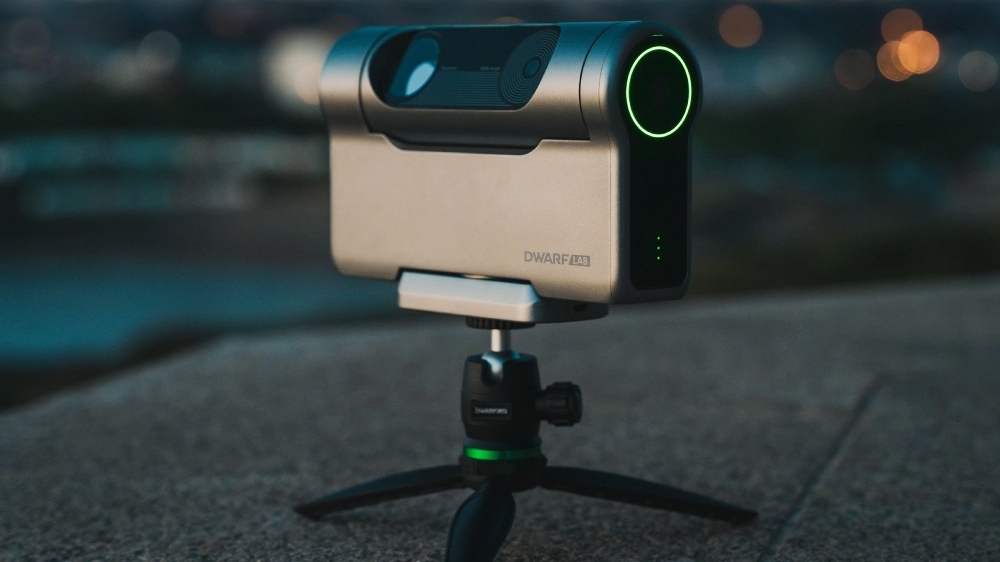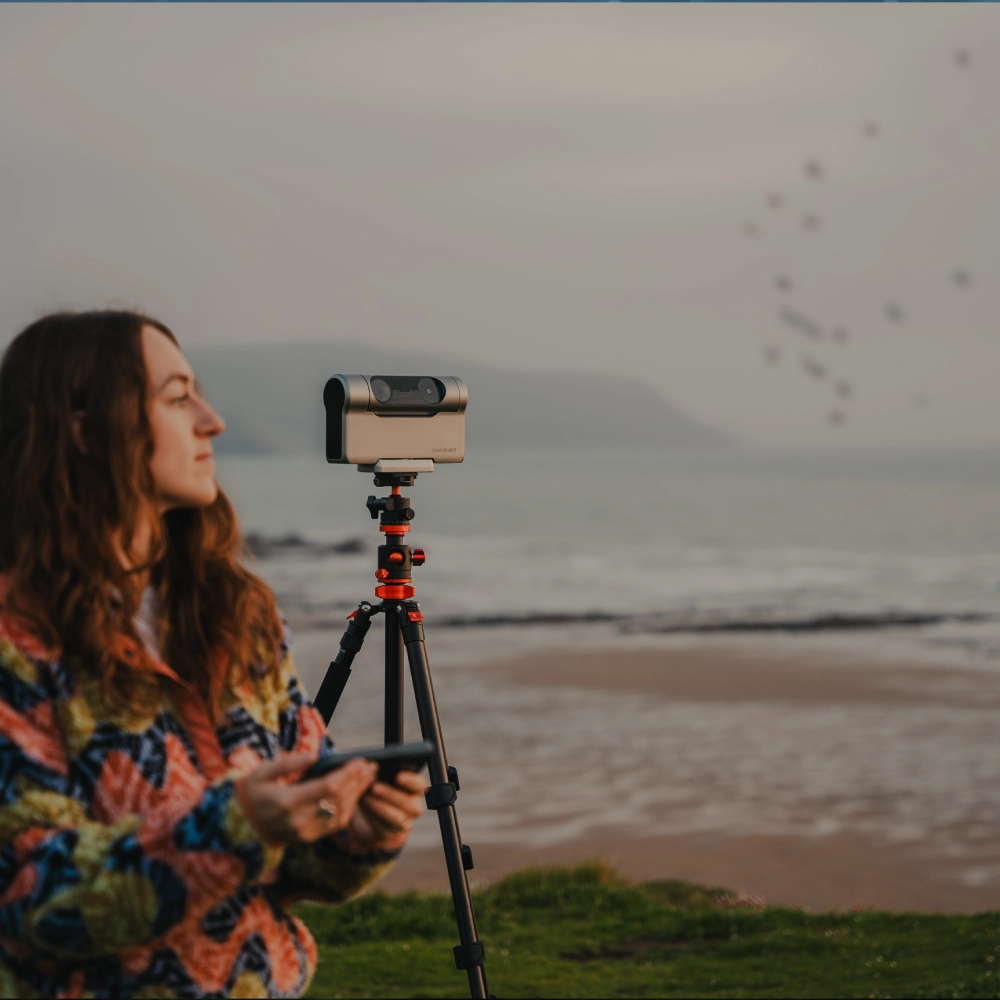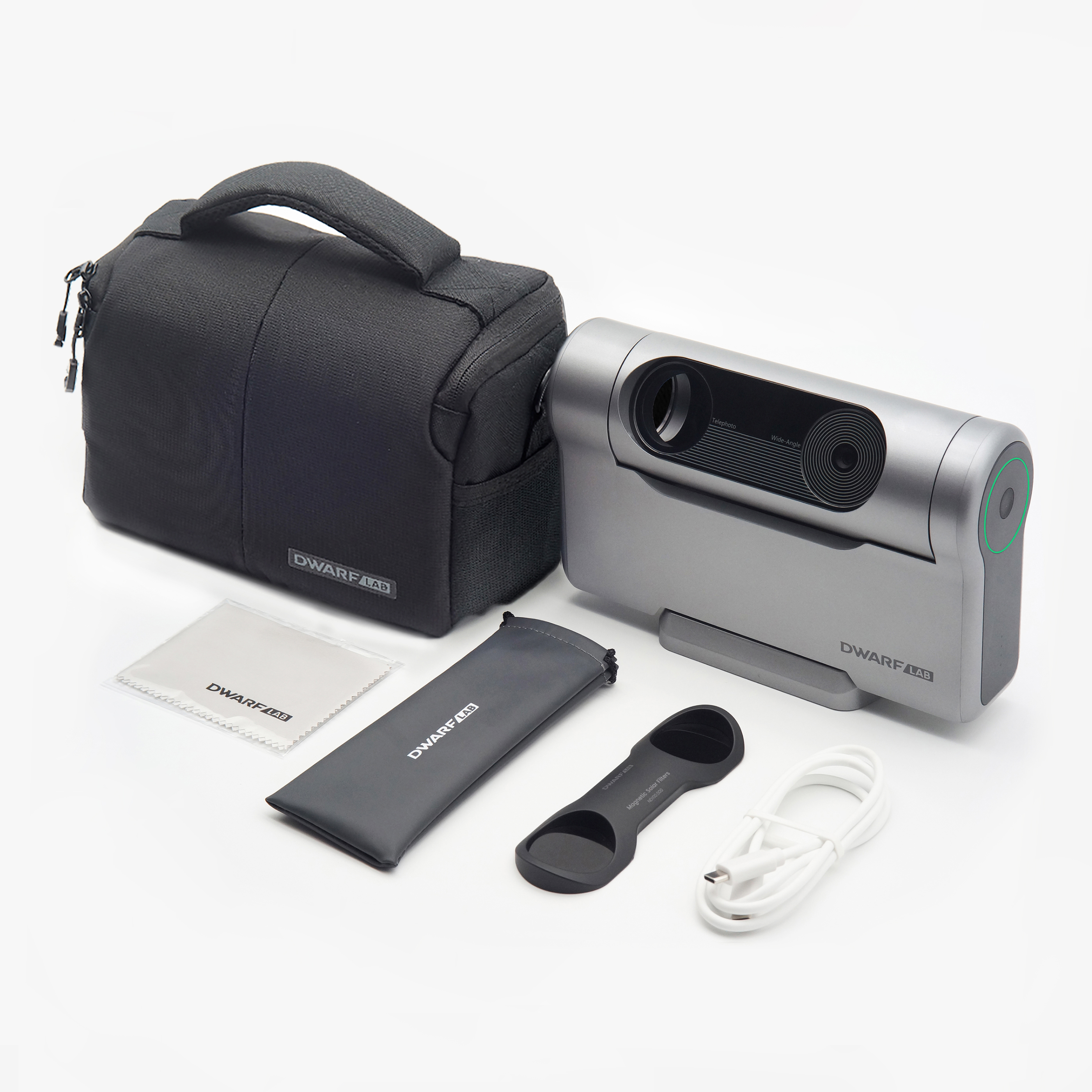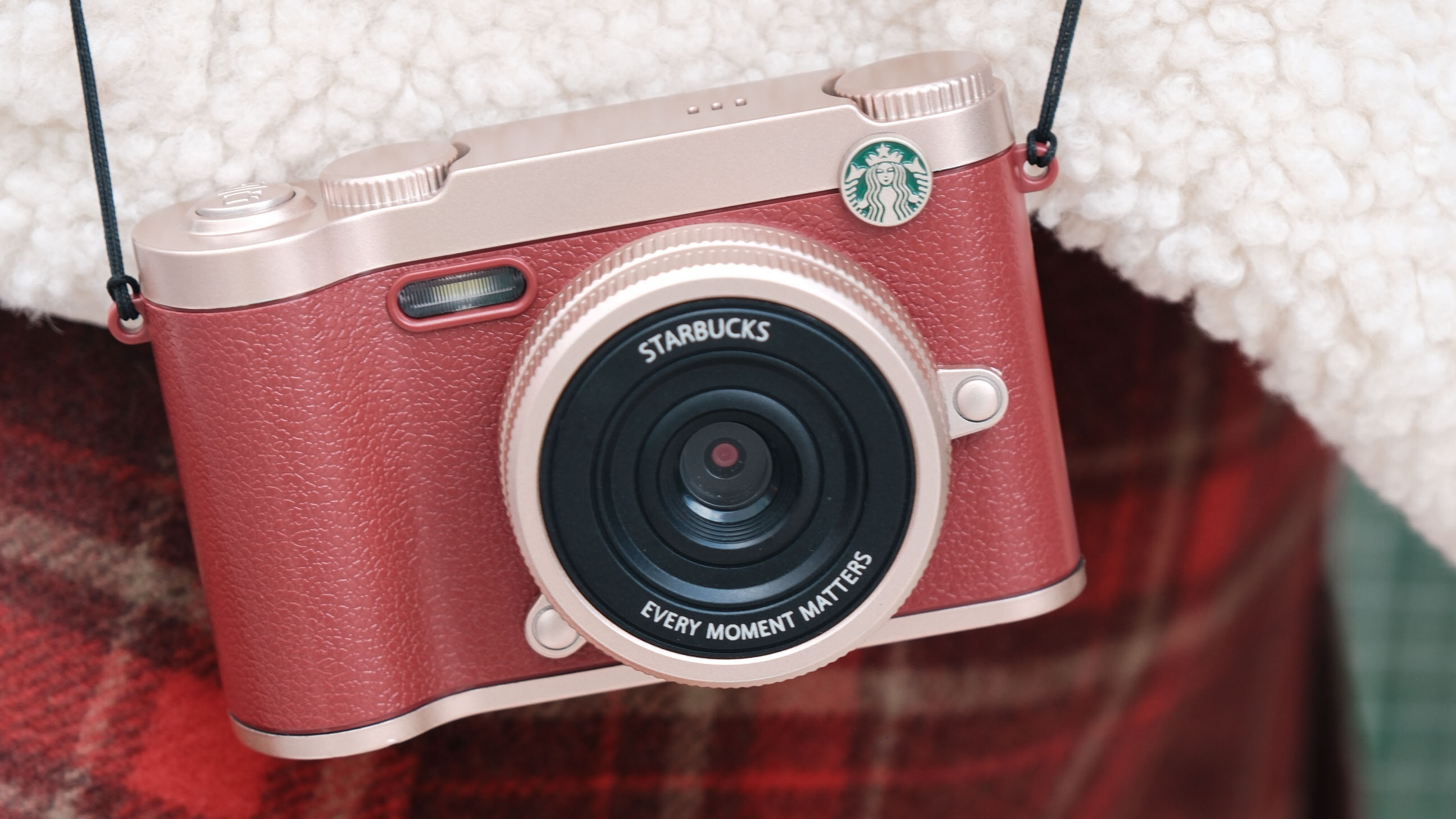DwarfLab releases Dwarf 3 compact smart telescope – an observatory in your pocket
Perfect for the traveling astronomer or wildlife enthusiast, the Dwarf 3 is roughly the size of a dictionary

DwarfLab, makers of the now-discontinued Dwarf II compact smart telescope, has released the long-awaited Dwarf 3.
Its predecessor, the Dwarf II, was the first affordable smart telescope at $500, and became a favorite among amateur astronomers.
Available to pre-order now for shipment in September, the Dwarf III claims to be the world’s lightest smart telescope on the market, and is retailing at $479 / £388.
A smart telescope is a telescope that can automatically track the sky and capture images of deep–sky targets such as the Milky Way, nebulae, or other wonders in our cosmos.
If astronomy isn’t your thing, smart telescopes are also a great tool when watching wildlife, able to help you track moving animals, or elusive ones.
Comparable to the size of a dictionary, this is a piece of kit for the active traveler, with the ability to shoot one billion pixel panorama photos.
It has a 3mm aperture apochromatic lens with a periscope mechanism, doubling the light–gathering capacity compared to the Dwarf II.
The best camera deals, reviews, product advice, and unmissable photography news, direct to your inbox!
The Dwarf 3 also comes with the powerful STARVIS 2 sensor, increasing its pixel size by 90.24%, reaching 2µm.
The built-in features include:
VIS filter – covering the 430–650nm range for daytime terrestrial photography
Astro filter – extends to the infrared range (430–690nm), ideal for astronomy and low-light photography
Dual–band filter – targets OIII (500.7nm), Hβ(486nm) and Hα (656.3nm) wavelengths, reducing moonlight and city pollution for clearer emission nebula shots
The Dwarf 3 also supports output in four image formats: JPG, PNG, TIFF, and FITS.
If you don’t feel like staying up all night to watch celestial activity, you can schedule shooting using your smartphone, which can also be used to connect to and start the telescope.
The telescope comes with a carrying bag, complete with magnetic solar filters and a pouch for them, USB–C cable, and a wipe cloth.
Take a look at our guides to the best smart telescopes, the best telescopes for astrophotography, and the best telescopes for beginners.

After graduating from Cardiff University with an Master's Degree in Journalism, Media and Communications Leonie developed a love of photography after taking a year out to travel around the world.
While visiting countries such as Mongolia, Kazakhstan, Bangladesh and Ukraine with her trusty Nikon, Leonie learned how to capture the beauty of these inspiring places, and her photography has accompanied her various freelance travel features.
As well as travel photography Leonie also has a passion for wildlife photography both in the UK and abroad.




